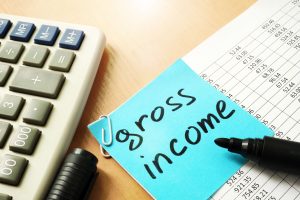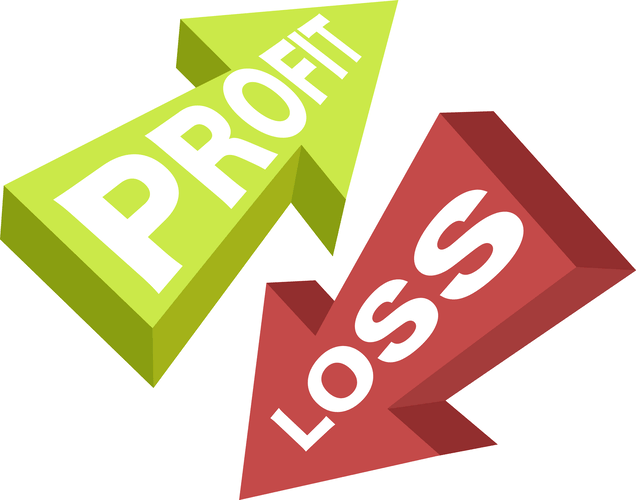
Mastering basic math formulas will be important, but other skills will also help you toward success. Computer skills and an ability to analyze and manage data may be equally or more important, depending on what kind of job you pursue. Open Colleges has a range of online accounting and finance courses to suit whatever career path you’re interested in do you need to be good at math to be an accountant following. All of our courses are facilitated online through our intuitive learning platform, OpenSpace, which means you can study whenever you want, wherever you are. There are no classrooms to attend, no exams and no assessment deadlines, so you can fit your study around your life’s other commitments. There are also other jobs which are fantastic starting points for anyone wishing to enter the financial services sector, such as Accounts Payable or Receivable Clerk, or Bookkeeper.

What are the Technical Skills Required in Accounting?
If you don’t stress easy or don’t mind being a little high-strung, working as an accountant might not bother you. If you know you’re easily frazzled, it’s possible that an accounting career isn’t the ideal choice for you. Accounting is hard There is no other way to say this… accounting is hard!
- Although that may sound too easy to be true, accounting math skills mainly involve such basic functions as addition, subtraction, multiplication, division.
- Our ranking methodologies use data from the National Center for Education Statistics, education providers, and reputable educational and professional organizations.
- As a result, the BLS projects over 125,000 accounting job openings annually from 2022 to 2032.
- You might also spend time looking for new solutions to business improvements, as well as providing financial advice.
- In fact, 22 percent of accountants surveyed reported that working with numbers was what gave them the most job satisfaction, according to Robert Half.
- Although numbers may play a major role in their profession, accountants do not need to be mathematical wizards to be successful.
Are Accountants Good At Math? Do I Need To Be Good At Math To Become An Accountant?

An accountant’s annual salary depends on a number of factors, including education, size of company being worked for, and state the accountant is residing in. However, because the field is in demand, Accounting Periods and Methods accountants can be expected to be paid reasonably well working in this profession, although not as high as CPAs (Certified Public Accountants). In 2018, Sparefoot and ZipRecruiter partnered together to figure out the top ten cities with the healthiest job markets for accountants. In their search, they took into account the average annual salaries for the profession, home and rent prices, and availability of accounting jobs at companies in these cities. An accountant will be privy to a lot of financial data, including staff and executive salaries, and the expectation is that this information will be kept strictly confidential.
You need a degree to become an Accountant
- The majority of accounting work is transactional and repetitive on daily, quarterly and annual bases.
- Accountants need to be able to analyze financial data and interpret it to help decision-makers make informed choices.
- Accountancy encompasses many specializations to suit professionals’ different interests and goals.
- As fewer students graduate with accounting degrees, a looming nationwide accountant shortage may create a favorable hiring climate for accounting professionals.
- Accounting staff bear serious responsibility not only for an organization’s financial records, but for its overall financial health and security.
- So if you’ve got your sights set on the top job, then working in accounts could be the first step towards achieving that goal.
Thus, while math skills are valuable, they are just one part of the diverse skill set that makes a successful accountant. Advanced mathematical techniques, while not required, can enrich your career potential and enjoyment of accounting. If you like to tackle concepts such as calculus and financial modeling, these are increasingly being used in areas such as risk management and financial forecasting. Accountants may apply calculus concepts to analyze complex financial derivatives or use mathematical models to predict future trends and outcomes based on historical data. A fundamental understanding of mathematical concepts is still essential in accounting.
- All posts and comments should be directly related to mathematics, including topics related to the practice, profession and community of mathematics.
- If you like numbers and have a detail-oriented outlook, accounting can provide a satisfying career with a comfortable salary and strong job security.
- If you don’t stress easy or don’t mind being a little high-strung, working as an accountant might not bother you.
- Reporting on financial statements requires its own set of skills.
- Coursework in financial formulas, modeling and data analytics develops strong financial mathematics skills.

And just because some parts of an Accountant’s job can be automated, that doesn’t mean that Accountants will become replaced by robots. However, this varies based on location, Accounting for Marketing Agencies years of experience, and sector of employment. The accounting industry offers a lot of opportunities to grow and progress in your career. Accountants need to communicate financial information to stakeholders such as business owners, investors, regulatory authorities, and others.

What Math Do You Need for Accounting?
All states require CPAs to complete continuing education to maintain their licenses. The BLS projects a 4% job growth for accountants and auditors between 2022 and 2032. This percentage slightly outpaces the average projected growth for all occupations. Accountants tend to have a detail-oriented, analytical outlook, and they should enjoy working with numbers.

Top Accounting Degrees
To go the extra mile, consider reading up on emerging trends, such as how cloud computing and blockchain technologies affect accounting. Find out more about our accounting and finance courses and enrol today. There is so much more to being an Accountant than crunching numbers. While, yes, the nature of the financial services sector means your job will be numbers focused, it doesn’t mean that your job will only involve crunching numbers.
